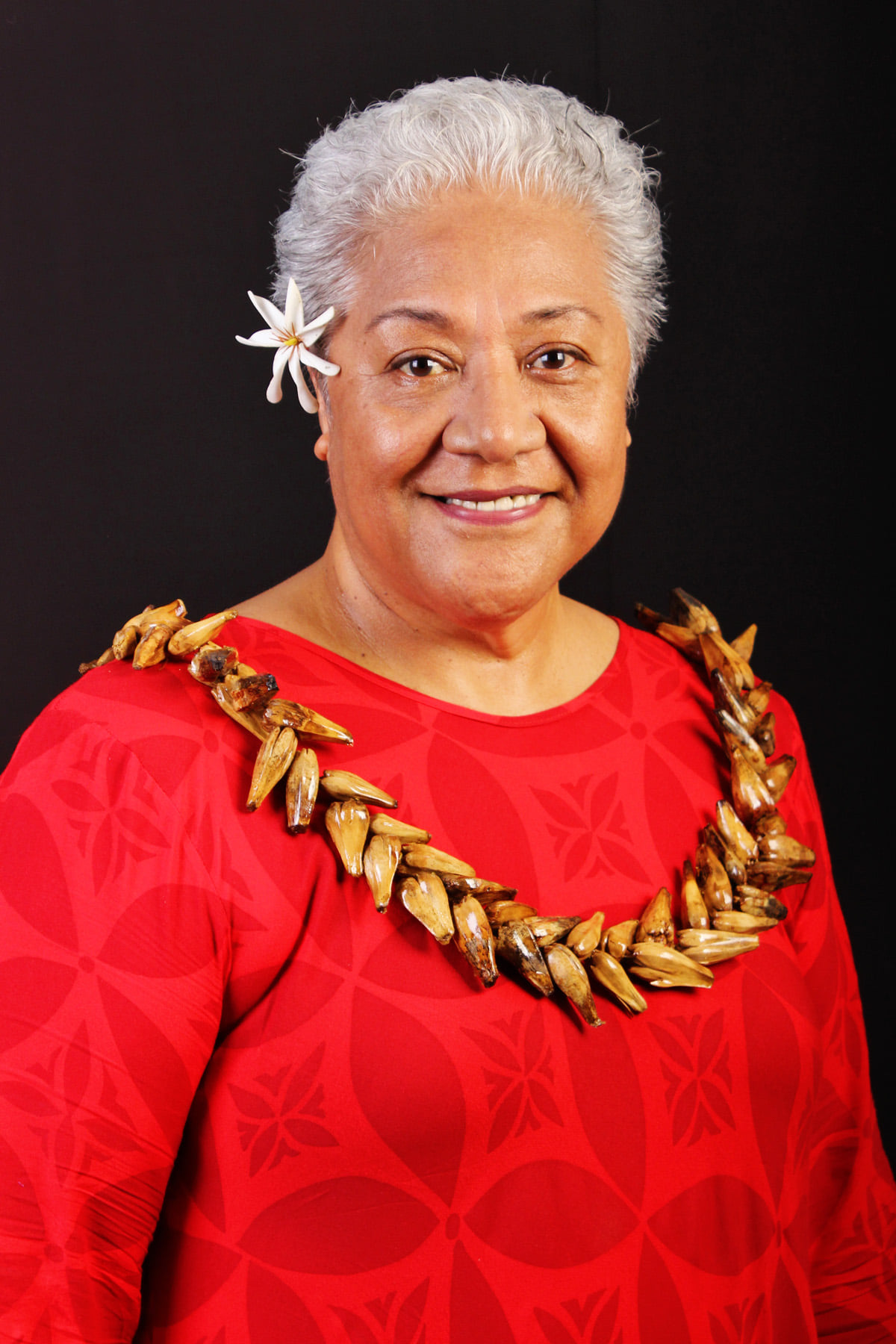Fiame Naomi Mata’afa needed no coaxing as to who should be credited for preventing her island nation from descending into chaos the moment Samoa’s Court of Appeal ruled that her Fa’atuatua I le Atua Samoa ua Tasi (FAST) party had won Samoa’s election on 23 July.
“Can I offer my deepest gratitude to you, the people of Samoa, and in particular acknowledge the dignity with which you have waited with patience and forbearance, peacefully and respectfully for the court process to be concluded,” she said.
“This is a time for renewal . . .
Please Subscribe to view full content...
